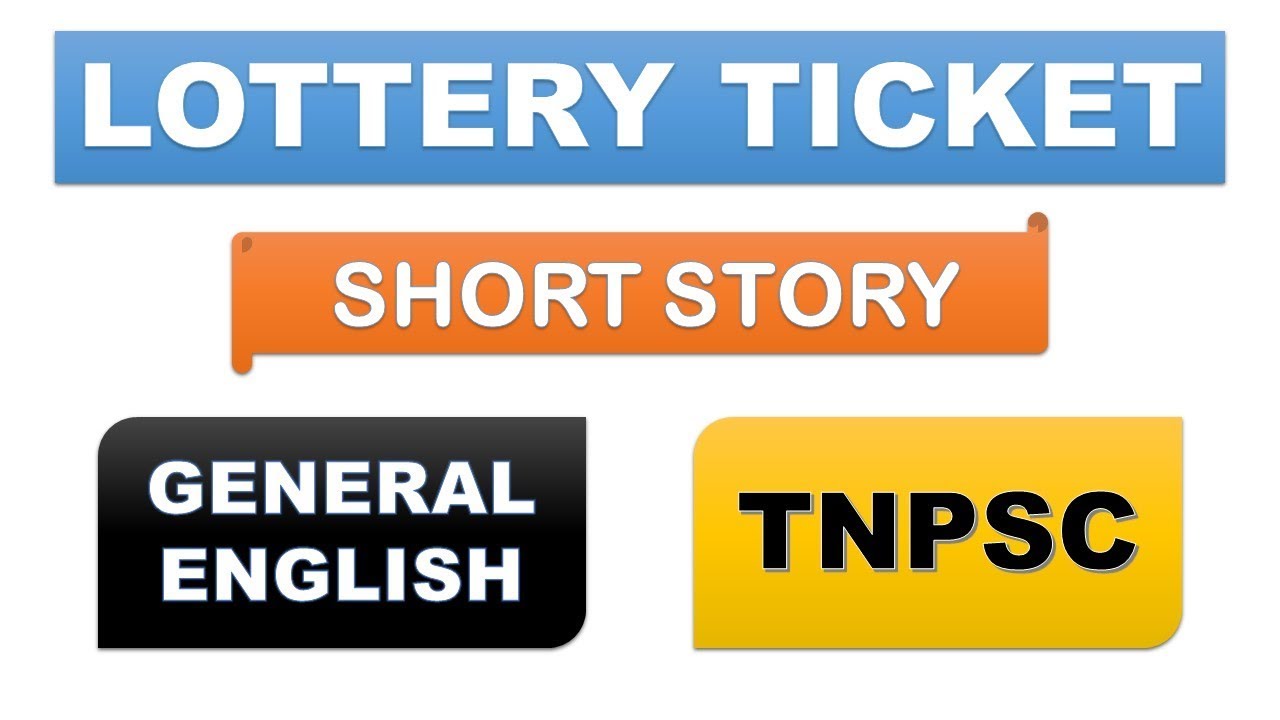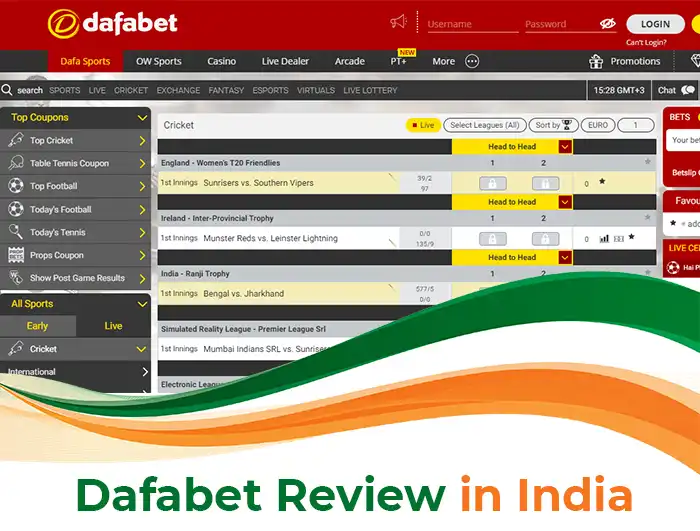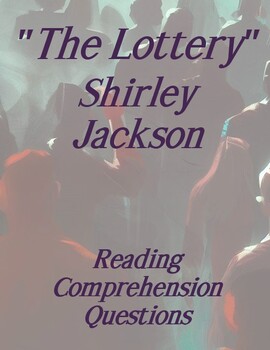In-Depth Character Analysis of "The Lottery Ticket" by Anton Chekhov on No1Jili
An Academic Analysis of Anton Chekhov's "The Lottery Ticket": A Handout Review


Abstract
This article presents a comprehensive academic analysis of Anton Chekhov's "The Lottery Ticket," drawing upon insights from an educational handout. Emphasizing key concepts such as chance, greed, and disillusionment, the study examines the narrative structure, thematic elements, and character dynamics that underpin the story. The analysis offers a critical perspective on how Chekhov uses the lottery ticket as a symbol to explore human nature and socio-economic aspirations.
1. Introduction
Anton Chekhov's short story "The Lottery Ticket" is a seminal work that delves into the transformative impact of the mere possibility of wealth. This analysis, based on a detailed handout, examines the narrative and thematic structure of the story while situating it within the broader context of Chekhov’s literary oeuvre. Central to this discussion are key terms such as The Lottery Ticket, Chekhov, chance, greed, and disillusionment, which serve to illuminate the intricate interplay between human aspiration and reality.
2. Plot Summary and Narrative Structure
2.1 Overview of the Plot
"The Lottery Ticket" recounts the internal journey of a middle-class individual who momentarily envisions a life of affluence after speculating about the outcome of a lottery ticket. The narrative unfolds as the protagonist imagines the transformation that sudden wealth might bring, including financial security, social mobility, and a radical alteration in lifestyle. However, these fleeting dreams ultimately lead to disillusionment when reality reasserts itself, underscoring the ephemeral nature of unearned wealth.
2.2 Structural Elements
Chekhov employs a concise narrative structure characterized by a gradual build-up of anticipation, followed by a dramatic reversal of fortune. The structure is marked by a clear progression: the initial state of contentment, the onset of speculative dreams fueled by the lottery ticket, and the eventual collapse of these hopes. This tripartite structure not only enhances the thematic impact but also reflects the unpredictability inherent in the pursuit of fortune.
3. Thematic Exploration
3.1 The Illusion of Wealth
A central theme in "The Lottery Ticket" is the allure of wealth and its capacity to distort human perception. The lottery ticket itself serves as a potent symbol of hope and desire, encapsulating the belief that sudden fortune can resolve personal and economic woes. Chekhov critiques the notion of unearned wealth, suggesting that the mere prospect of a financial windfall can lead to misplaced expectations and moral compromise.
3.2 Greed and Disillusionment
The story further explores the destructive potential of greed. As the protagonist indulges in fantasies of prosperity, the initial excitement gradually gives way to envy and disillusionment. This transition highlights the inherent dangers of succumbing to greed, as the pursuit of illusory riches ultimately undermines personal contentment and stability. The interplay between greed and disillusionment is critical for understanding the moral underpinnings of the narrative.
3.3 Socio-Economic Commentary
Beyond individual psychology, Chekhov's narrative offers a subtle critique of socio-economic aspirations. The protagonist’s brief encounter with the possibility of wealth reflects broader societal attitudes toward material success and the inherent risks of speculative optimism. This commentary invites readers to reconsider the true value of hard work and the perils associated with placing undue emphasis on monetary gain.
4. Character Analysis
4.1 The Protagonist’s Psychological Transformation
The character of the protagonist in "The Lottery Ticket" is portrayed as a representation of the everyman, whose internal struggle with hope and disillusionment mirrors broader human experiences. Initially content with a modest existence, the protagonist's outlook is radically altered by the allure of the lottery ticket, leading to a temporary but intense emotional upheaval. This psychological transformation is central to the narrative, highlighting the fragile balance between aspiration and reality.
4.2 Interpersonal Dynamics
The story also examines the impact of speculative dreams on interpersonal relationships. As the protagonist becomes increasingly preoccupied with the potential of wealth, his interactions with family members are strained, reflecting the broader social implications of greed and material desire. The deterioration of these relationships serves as a cautionary element, emphasizing the detrimental effects of allowing financial fantasies to override genuine human connection.
5. Literary Techniques and Symbolism
5.1 Use of Symbolism
The lottery ticket in Chekhov's narrative functions as a multifaceted symbol. It represents not only the promise of financial liberation but also the inherent uncertainty and risk associated with gambling. The symbolic weight of the lottery ticket is underscored through its recurring presence throughout the narrative, serving as a constant reminder of the ephemeral nature of hope.
5.2 Narrative Irony and Satire
Chekhov’s use of irony and subtle satire enhances the thematic depth of the story. The stark contrast between the protagonist's lofty expectations and the eventual disillusionment creates a poignant commentary on the nature of human desire. This irony serves to underscore the inherent contradictions in the pursuit of unearned wealth and provides a critical lens through which to view societal values.
6. Conclusion
Anton Chekhov’s "The Lottery Ticket" remains a powerful exploration of the interplay between chance, greed, and disillusionment. Through its concise narrative, rich symbolism, and incisive character analysis, the story offers enduring insights into the human condition and the socio-economic dynamics of wealth. Chekhov's critique of the illusion of fortune continues to resonate as a timeless cautionary tale.



